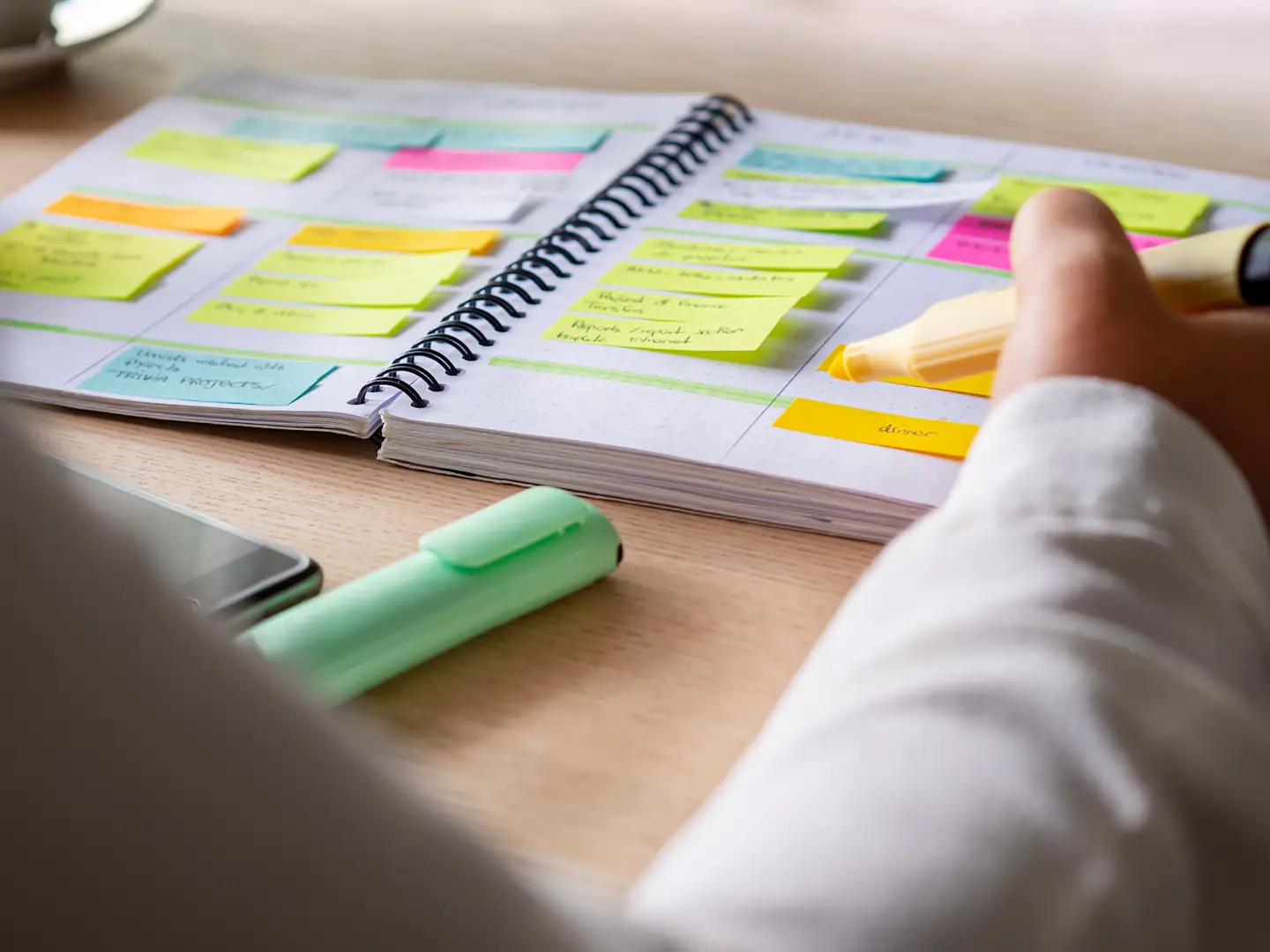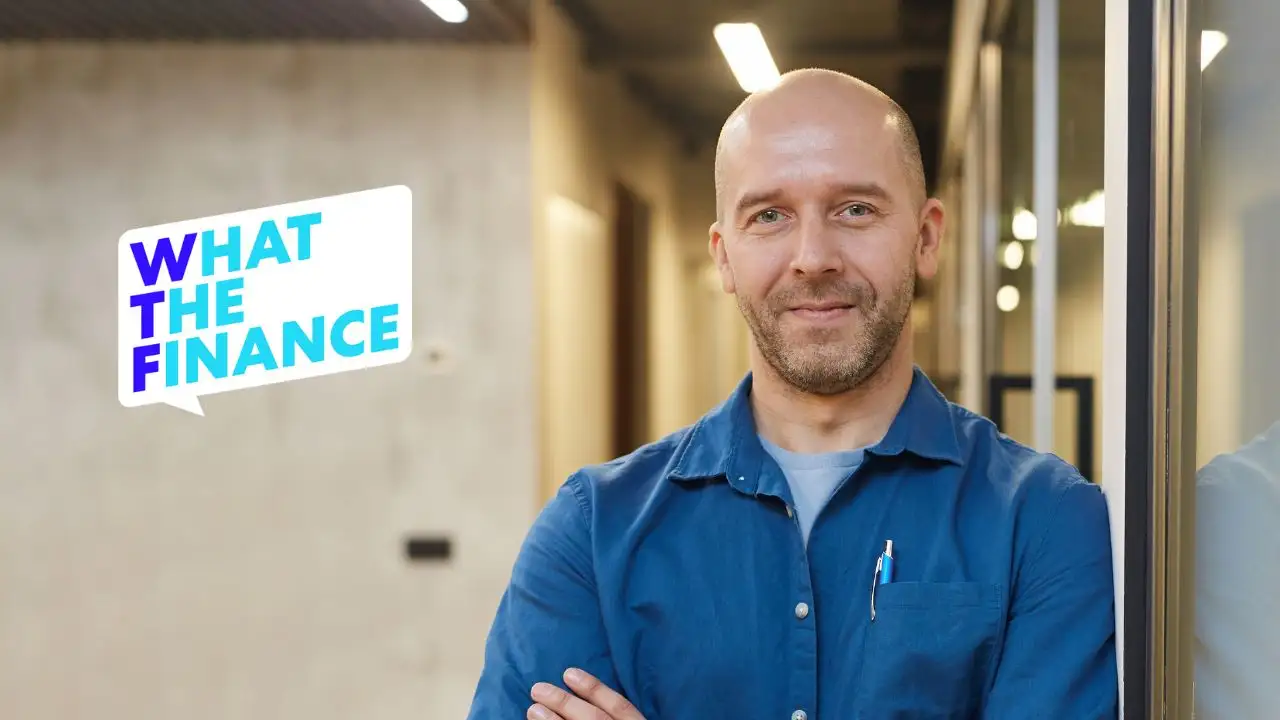
Everyday Finances
My $58K in debt saved my life but left me ashamed
Jan 18, 2024
Written by
Reviewed by
Although discussions around money have slowly become more acceptable in the last few years, there's still a strong curtain of shame over the topic of debt. If there's anyone who knows this, it’s me.
Over four years, I accumulated $58,000 in debt.
A judgy person might think these debts revolve around impulse shopping or designer bags. Not so. The truth is that it took an organ failure to get me into this financial situation.
It all started when my health betrayed me, demanding a liver transplant that drained my savings. When financial help didn’t come, I took out a loan in desperation. Bad went to worse when I found myself laid off from my job, a casualty of circumstances beyond my control.
The money I had earmarked for my dreams and my future vanished into the abyss of medical bills and surgical expenses.

Losing my peace of mind to debt
I didn’t sleep. The shame and fear of not knowing if I could pay my credit card that month devastated me. The balances were piling up, and I had no idea what I was going to do.
The mountain of debt looked like Everest. It happened so fast.
The snowball kept rolling downhill. I missed a couple of payments. Interest and fees skyrocketed. The stress level was nearly unbearable for someone under a liver transplant, post-recovery procedure.
Deep inside, I knew it was going to be okay. If you struggle to save six months' worth of expenses for the rainy days or if your salary can't save you from financial struggles through the bad days, it’s not your fault.

My strategy for getting rid of the debt and shedding the shame
Paying off debt sounds nearly impossible for low-income earners. I needed a debt repayment strategy and budget overhaul. Here’s what I did.
1. Get a handle on the debt
Before planning to pay off my debt, I had to get my brain around it. I figured out that I owed $58,450. I made a list of the creditors I owed (a lot, I must say).
2. Avoid new debt like the plague
I needed to beat the problem, not perpetuate it. I had to do whatever it took to avoid increasing my debt.
Don't set up a new credit card or seek other loans while you’re trying to bring your balances down.
3. Change your spending habits
Adjusting spending habits can be hard for anybody, and it definitely was for me.
My spending habits weren't the reason I fell into debt in the first place, but my budget was my shovel for digging out. It's crucial to keep spending habits at bay. I had to get real about my "needs” vs "wants” and let some things go for a while.
4. Plan your budget
I had too much in my head already, and I didn’t want my finances to be there as well. I made a budget on paper.
Most of my budget went to necessary expenses. Rent, car payments, food, healthcare, gas, insurance, etc.
I did set aside some for not-so-necessary expenses, because let’s face it, everybody spends a little money sometimes. A streaming subscription, an occasional meal out, a gym membership for my kids because they use and enjoy it.
5. Choose a debt strategy
I researched my options, and landed on either a debt snowball or debt resolution. For personal reasons, I decided that I would try the snowball first. But it was a little different from the usual debt snowball. In my case, I focused on the credit card first, and then worked out payment plans on the medical debt.
It’s possible to get rid of debt with a low income. I started with small repayments and the snowball strategy helped me increase the payments over time.

Meeting the challenge and letting go of the shame
Getting out of the red wasn’t easy. Paying off debt usually isn’t. But every payment made me feel better about myself. I paid off my debt in a little over 3 years, and my experience stands as a testament to the transformative power of perseverance.
Author Information
Written by
Mandy is a contributing writer for Achieve. She writes helpful articles in the finance space.
Reviewed by
Kimberly is Achieve’s senior editor. She is a financial counselor accredited by the Association for Financial Counseling & Planning Education®, and a mortgage expert for The Motley Fool. She owns and manages a 350-writer content agency.
Related Articles
Your debt-to-income ratio tells lenders how much money you can borrow. Find out how it works.
Jackie Lam
Author
Spoiler alert: APR is just how much your loan costs for a year. Find out here how it differs from your interest rate.
Miranda Marquit
Author
Expecting a check from the IRS and wondering what to do with it? Check out this inspo for smart ways to use your tax refund.
Kimberly Rotter
Author
Your debt-to-income ratio tells lenders how much money you can borrow. Find out how it works.
Jackie Lam
Author
Spoiler alert: APR is just how much your loan costs for a year. Find out here how it differs from your interest rate.
Miranda Marquit
Author
Expecting a check from the IRS and wondering what to do with it? Check out this inspo for smart ways to use your tax refund.
Kimberly Rotter
Author


